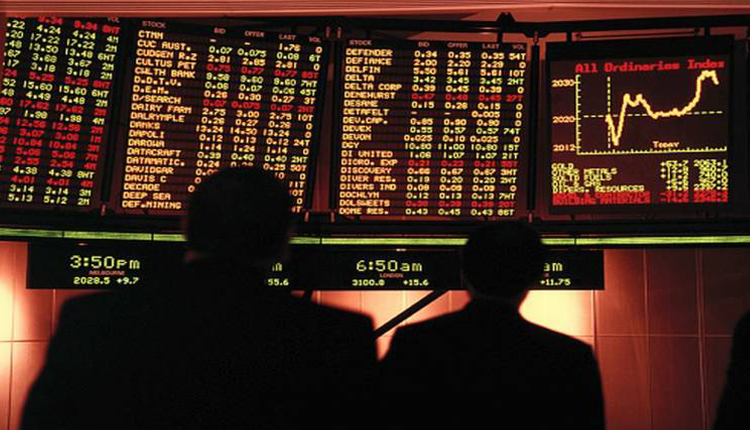Asian stocks mixed in closing on Friday as investors reacted to an escalating trade war between the U.S. and China, a shakeup in leadership in Australia and inflation data from Japan.
Australia’s ASX 200 gave up gains of more than 0.3 percent in late-afternoon trade to close near flat at 6,247.3. That followed news that country’s treasurer, Scott Morrison, will become the new prime minister after incumbent Malcolm Turnbull was ousted.
Morrison won a three-way battle for the Liberal Party leadership, beating former Home Affairs Minister Peter Dutton and Foreign Minister Julie Bishop.
The Australian dollar rose from an earlier low of $0.7235 to around $0.7284 at 3:08 p.m. HK/SIN, but it was lower than levels above $0.7350 that it had reached earlier in the week. Analysts’ attributed the recent moves in the Aussie dollar to the political uncertainty at the top until Morrison’s win.
“This is likely to be a relief to business and markets as Morrison, as more of a known quantity, will be perceived as less likely to make radical shifts in policy than if Peter Dutton had been elected,” Ivan Colhoun, chief economist for markets at the National Australia Bank, wrote in an afternoon note.
Colhoun added that, at the margin, Morrison is also perceived as “less likely to lose the next election.”
But Shane Oliver, head of investment strategy and chief economist at AMP Capital, said that Morrison’s relatively low margin of victory still poses the risk that there may be more turmoil ahead. “All of which could weigh on consumer and business confidence just as it did under the last Labor Government,” he added in a Friday note.
Greater China markets were mixed Friday afternoon. Hong Kong’s Hang Seng Index was down 0.35 percent at 3:10 p.m. HK/SIN. The Shanghai Composite retraced morning losses to finish up 4.8 points, or 0.18 percent, at 2,729.42 while the Shenzhen composite declined 3.36 points, or 0.23 percent, to 1,460.33.
Elsewhere, Japan’s Nikkei 225 gained 190.95 points, or 0.85 percent, to 22,601.77 and the Topix index rose 10.98 points, or 0.65 percent, at 1,709.2.
Government data released before the market open showed Japan’s core consumer prices in July rose 0.8 percent from a year ago, but was unchanged from the previous month’s gain. That number fell slightly short of market expectations but it remained notably far off from the Bank of Japan’s two percent inflation target.
South Korea’s Kospi index finished up 10.61 points, or 0.46 percent, at 2,293.21 as major blue chip names mostly gained. But shares of electronics giant Samsung slipped 0.1 percent.
The session in Asia followed slight declines on Wall Street, where the ongoing trade war between the United States and China and worries of renewed legal issues for President Donald Trump dampened investor sentiment.
Trade talks between American and Chinese officials, who were seeking to end the impasse, concluded on Thursday without major developments. That same day, a new round of U.S. tariffs on $16 billion worth of Chinese imports kicked in, prompting Beijing to retaliate with its own levies on American goods worth the same amount.
Elsewhere, the U.S. dollar index, which measures the greenback against a basket of currencies, traded at 95.455 at 3:15 p.m. HK/SIN, declining from an earlier high of 95.685.
The Japanese yen traded at 111.33 to the dollar, weakening from levels below 110.5 earlier in the week.
Oil prices rose in late afternoon trade with global benchmark Brent trading up 0.79 percent at $75.32 a barrel at 3:17 p.m. HK/SIN and U.S. crude rising 0.83 percent at $68.39.
Source: CNBC
